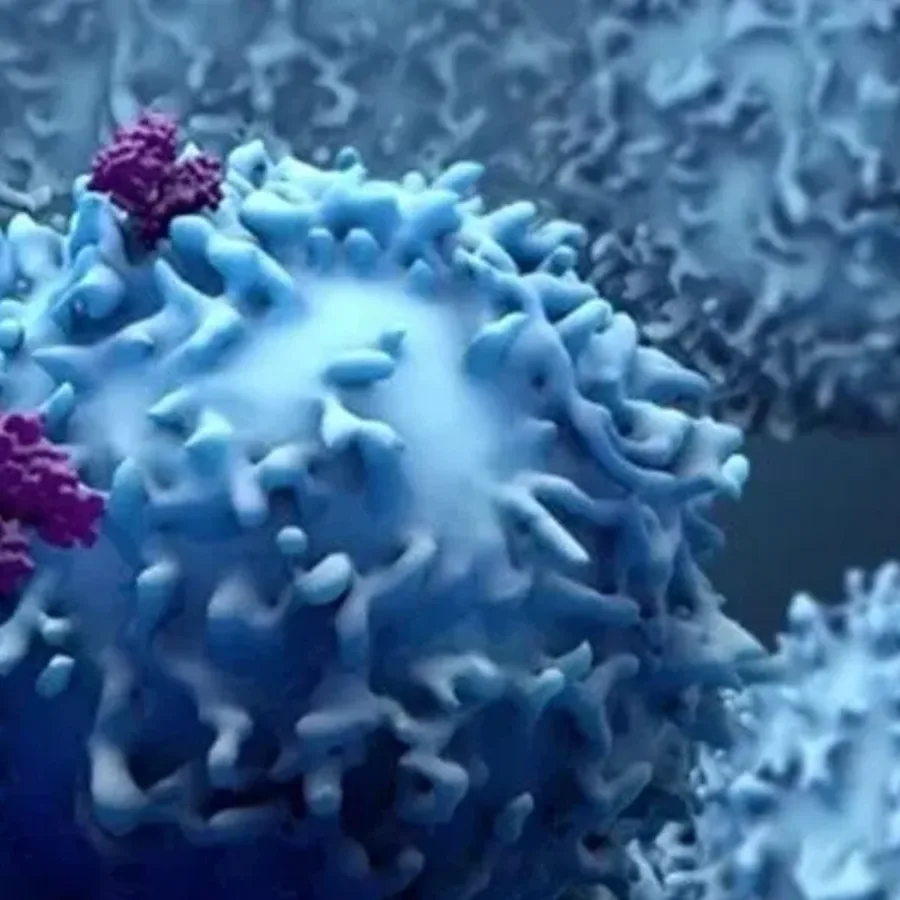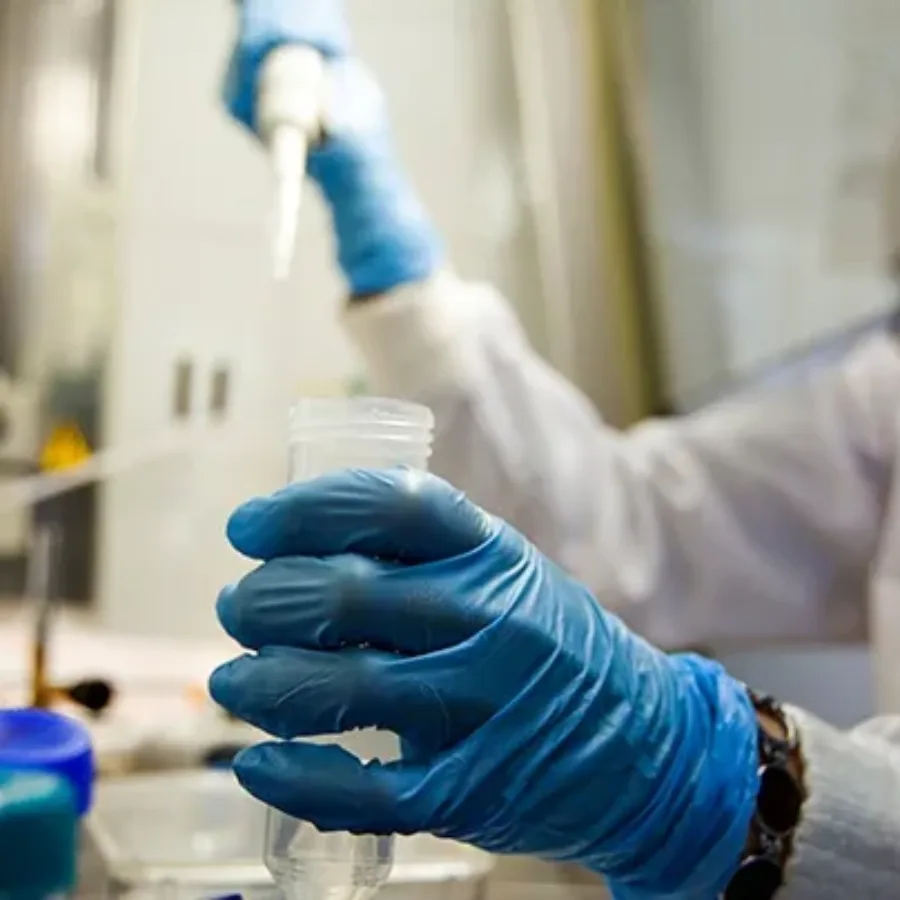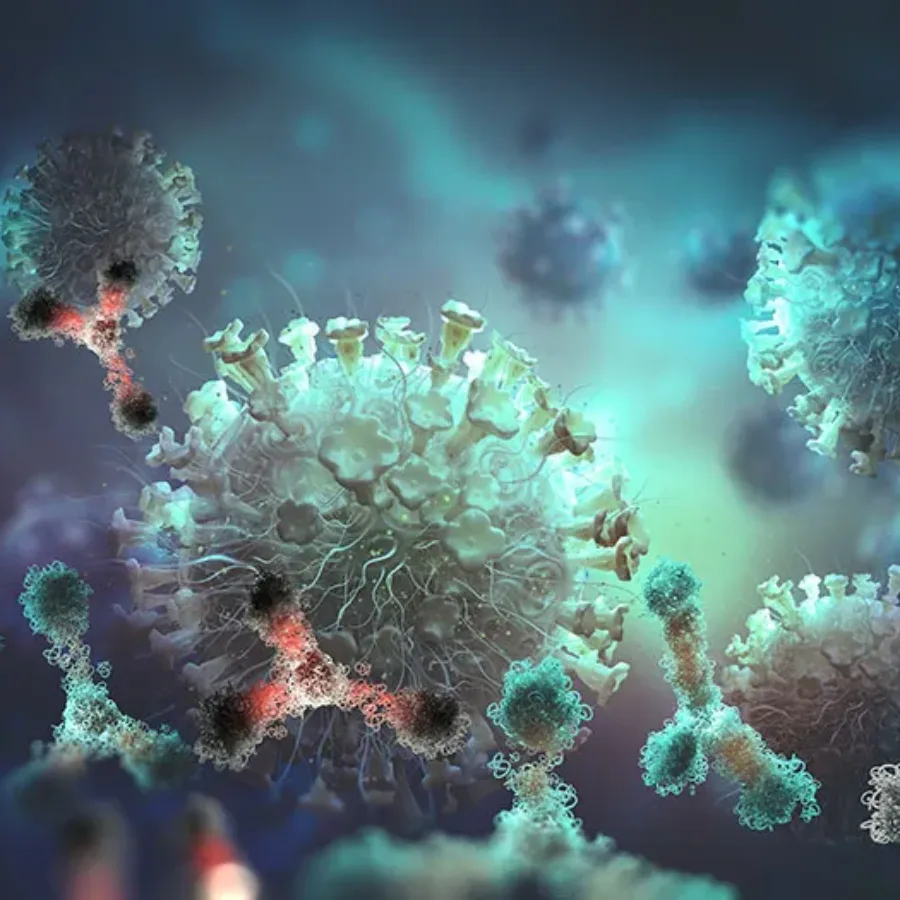Posts by KCAS Bio
 Blogs
Blogs
Neurodegenerative diseases affect millions worldwide. Fifty million people are living with Alzheimer’s disease or other dementias. Although Alzheimer’s disease is one of the most recognized, it is just one of many neurological disorders, such as Multiple Sclerosis, Parkinson’s, or Huntington’s disease. These conditions lead to a…
 Blogs
Blogs
ICH M10 (International Committee of Harmonization Multidisciplinary guideline) provides guidance on bioanalytical method validation and study sample analysis for the measurement of chemical and biological human drugs and their metabolites in biological samples. Such pharmacokinetic/toxicokinetic data serve as the basis for regulatory decisions on the safety, dosage, and…
 Blogs
Blogs
Being that it is a relatively “niche” segment of the industry, there are several key areas that need to be considered in the field of molecular services related to cell and gene therapies. First and foremost, it is important to recognize that regulatory guidelines within this field are…
 Blogs
Blogs
Understanding the interactions between drugs and biological systems is critical for the success of a new drug. One key tool in this process is functional assays. Functional assays are customized assays that evaluate the impact of drugs on the functionality of cells. They test for a drug’s specific biological mechanism…
 Blogs
Blogs
Dose Formulation Analysis is an essential step in regulated nonclinical studies. Robust analytical methods, rapid turnaround, and efficient communication helps deliver your GLP studies’ dose formulation analysis results on time…
 Blogs
Blogs
Due to its ability to analyze multiple parameters across different cell types within a sample, flow cytometry provides rich and clinically valuable data sets from even small volumes of blood. However, flow cytometry is a challenging platform to master, and requires significant investment in equipment and technical training.
 Blogs
Blogs
After an open call that went out earlier this year, Shane De Büchel, Sr Manager of Quality Assurance (Compliance & Systems) at KCAS, has been selected as one of roughly 50 members of the Society of Quality Assurance to collaborate in authoring an upcoming data integrity book (the…
 Blogs
Blogs
With the extensive advances in technologies like CRISPR and CAR-T, cell and gene therapy has grown to become a viable way for treating Cancer as well as other diseases. Our team has over 100+ years of collective expertise in molecular services using qPCR and ddPCR for support of…
 Blogs
Blogs
Assay validation is required during the development of new drugs or biologics in order to be in compliance with regulatory requirements for all studies that are not considered research/exploratory in nature. Beyond compliance, what is the point of assay validation? Assays must be precise, robust, and specific during use in preclinical studies and clinical trials in order to assure that drug candidates can be accurately evaluated for safety and efficacy. Validation plans assure that an assay will work reliably, even if an assay is run at different sites or by different users. Consider these other elements of assay validation to understand why it is a critical to preclinical and clinical research: Fit-for-purpose strategy: Each validation plan determines if an assay is made to be fit-for-purpose for a given client’s evaluation needs. Assays can be customized to meet the specific needs of a preclinical screening or clinical trial and fit-for-purpose validation assures that reliable data can be obtained from assay. Test scripts: Test scripts are a series of procedures to be executed during a validation in order to determine if an assay satisfies the necessary specifications or to reveal errors that must be addressed. Running test scripts is essential to the development and continued reliability of a validated assay. GLP compliance: Assay validation must be carried out under the same conditions as will be used for routine assay use. Good laboratory practices (GLP) conditions are needed for many preclinical and clinical applications, and routine quality assurance/quality control monitoring may also be necessary. Be aware of these special circumstances during assay validation. Validation is so much more than a regulatory hurdle. Validation gives you confidence that an assay will yield reliable results that can be trusted to make critical decisions for advancing drug candidates or evaluating clinical efficacy.
Drugs and biologics in the research pipeline must undergo stringent preclinical toxicology and safety assessments before use in a clinical trial. Most traditional preclinical toxicology screenings include testing in animal models in order to define toxicological and pharmacological parameters that are critical to determining appropriate dosing such as maximum tolerated dose (MTD).
 Blogs
Blogs
Immunotherapy research is a rapidly expanding field with a pipeline of monoclonal antibodies in development to treat a range of cancers and autoimmune diseases. The mechanism of action (MOA) used by an antibody to mediate a therapeutic response must be fully defined to enable a candidate antibody to advance down the preclinical development pipeline. It is also required for all antibodies used in clinical research and regulatory IND filings in order to optimize dosing and assess the risk of detrimental side effects.
 Blogs
Blogs
Have you ever wondered why certain experiments are done under GLP (good laboratory practices) conditions? GLP is a term that is used frequently in preclinical research, and are a set of guidelines that act as a management control for research laboratories and organizations to ensure the uniformity, consistency, reliability, reproducibility, quality, and integrity of chemicals (including pharmaceuticals) for non-clinical safety tests[1]. Sometimes it’s hard to understand when and why protocols must be done under GLP conditions. In general, GLP conditions must be maintained when an experimental drug or biologic may be used ultimately in humans and will need to be evaluated by regulators like the FDA.